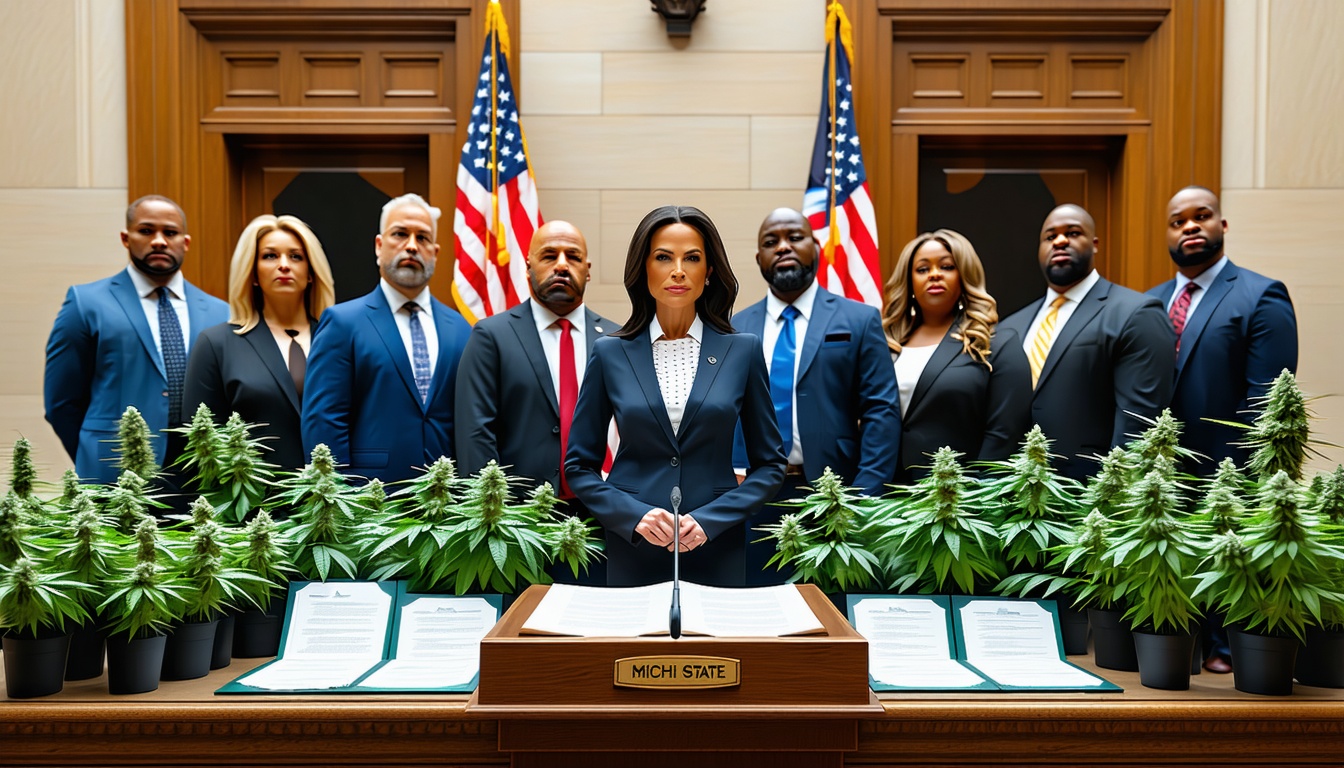Illinois Supreme Court Rules Smell of Burnt Cannabis Alone No Longer Justifies Police Search
In a significant ruling, the Illinois Supreme Court has declared that the smell of burnt cannabis alone is no longer sufficient to justify a police search of a vehicle. The decision reverses a previous ruling from before the legalization of marijuana in the state.
The case involved Ryan Redmond, who was stopped by a state trooper for an improperly secured license plate and speeding. The trooper claimed to have smelled a strong odor of burnt cannabis coming from the vehicle, which led to a search that turned up a small amount of cannabis. Redmond was charged with unlawful possession of cannabis, but his defense attorney argued that the search was unconstitutional.
The Illinois Supreme Court agreed, ruling 6-0 that the smell of burnt cannabis, without other suspicious circumstances, is insufficient to establish probable cause for a police search. The court cited a prior case that stated cannabis should be regulated in a manner similar to alcohol, where possession is generally legal but remains unlawful under certain circumstances.
The ruling has been hailed as a victory for constitutional protection from unreasonable searches. However, police organizations have expressed concerns about the impact on their ability to enforce laws against drug trafficking and driving while impaired.
The decision also raises questions about how police will handle situations where they detect the smell of cannabis, but do not have other evidence of illegal activity. The court did note that police can still consider the smell of burnt marijuana as part of the general circumstances that may justify a search.
The ruling is seen as a significant development in the ongoing debate over marijuana legalization and the limits of police power. It is expected to have implications for law enforcement practices across the state and potentially beyond.












